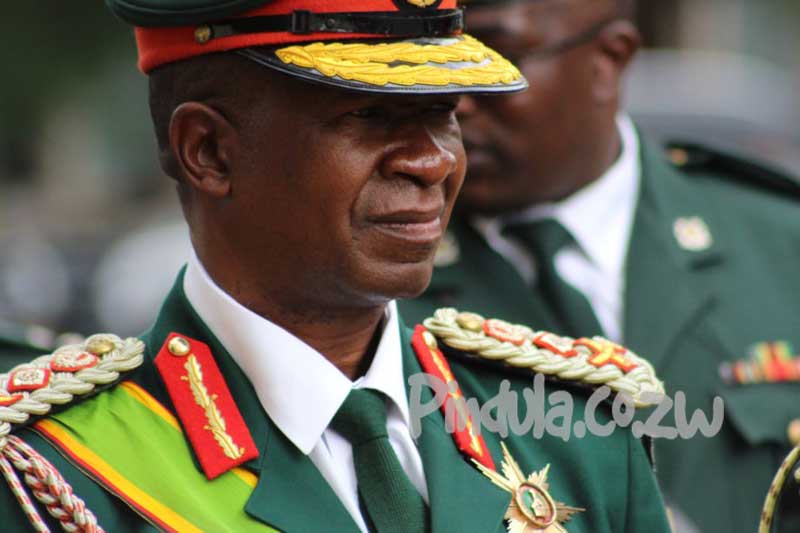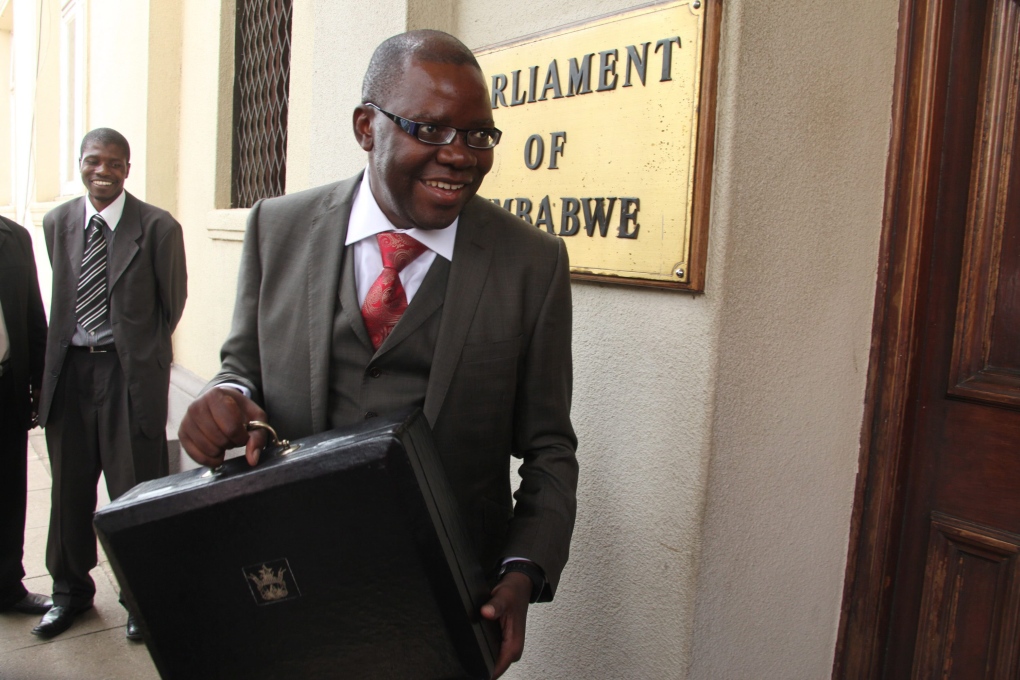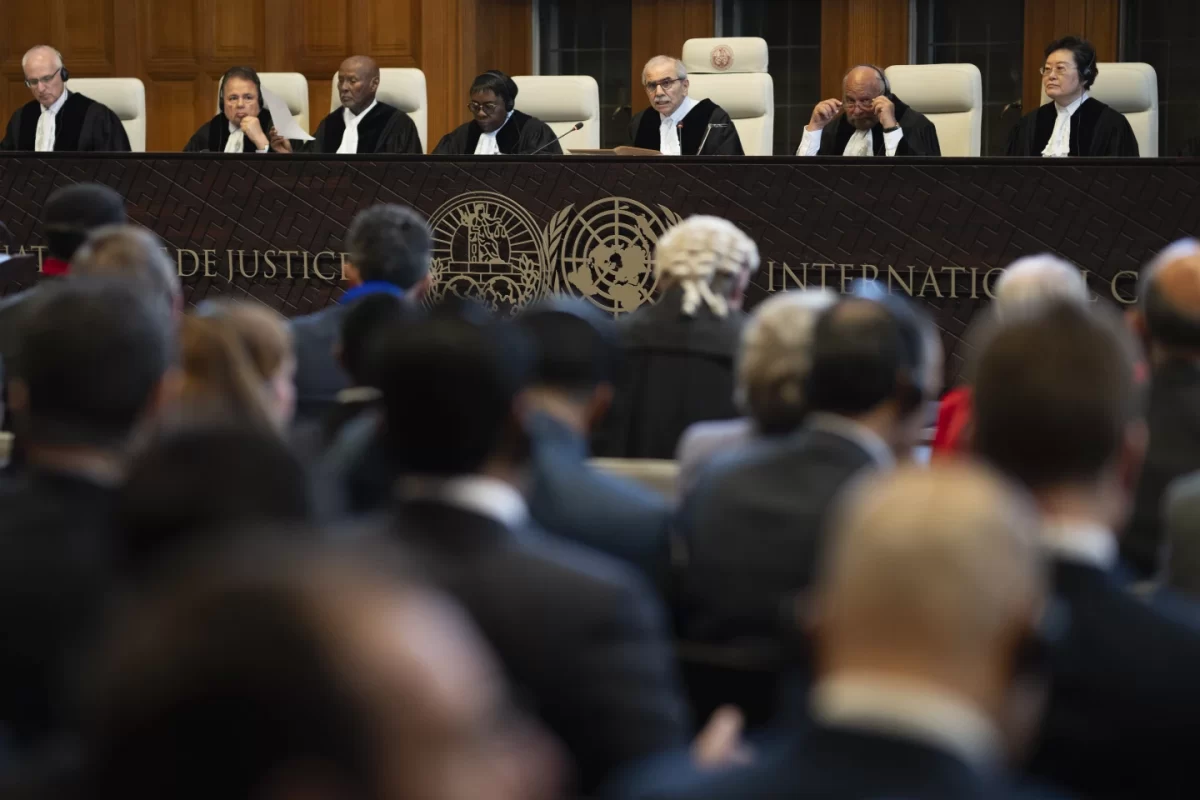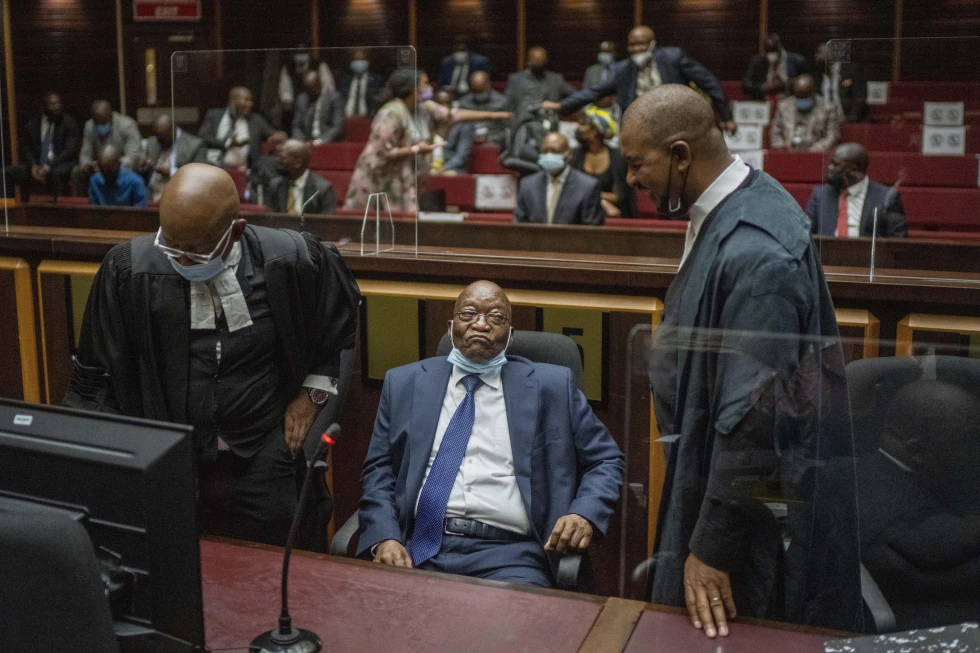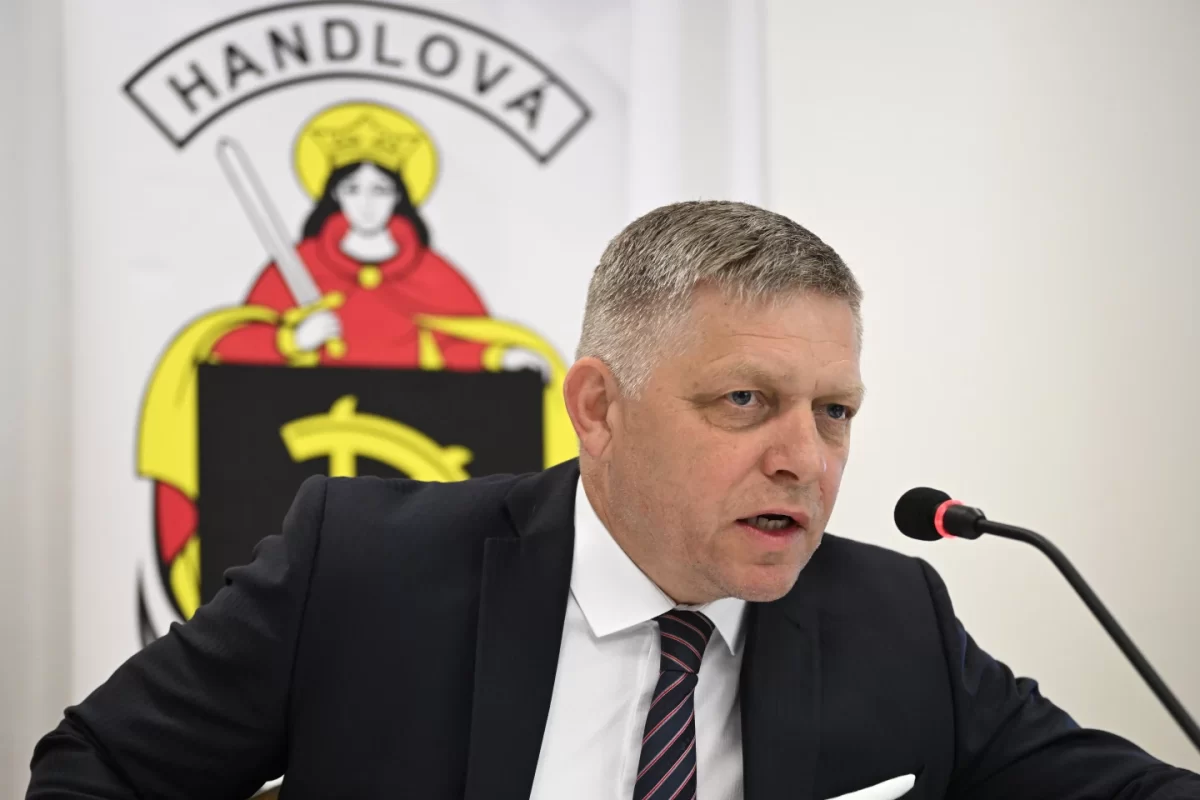HARARE – President Emmerson Mnangagwa has defended his unconstitutional appointment of Zimbabwe Defence Forces commander General Philip Valerio Sibanda into the Zanu PF politburo telling critics he wields powers as president to appoint anyone into any body.
Sibanda, the country’s most powerful soldier, was appointed last month during a Zanu PF annual people’s national conference as an ex-officio member of the politburo.
His appointment into a partisan political outfit drew wide condemnation from Zimbabweans who accused the country’s prime custodian of the national constitution of leading the act of violating the very same code.
The Zanu PF politburo is vested with powers to come up with party decisions outside congress and these include inventing strategies on how to defeat political opponents.
The national constitution prohibits serving members of the security forces from any involvement in partisan politics.
In an interview with state media, Mnangagwa struggled to defend the apparent patronisation of the country’s topmost soldier, choosing to delve into the dictionary meaning of the word ex-officio and not what the constitution provides over his controversial action.
“People are mistaken, they think that General Sibanda is a civil servant. He is not a civil servant; first point.
“Second point, he is an ex-officio member of the politburo which means that he is not a substantive member of the politburo, he cannot vote in the politburo. He is ex-officio.
“So, there is no problem, there is no contradiction.
“He is just a civil servant and I as the President can appoint anybody as ex-officio member which means by virtue of a certain particular position you can be allowed to sit in our substantive body of the politburo. That’s how it is.
“I don’t know who gets offended by him sitting in the politburo. He cannot vote but he can contribute.”
Mnangagwa’s apparent attempts to justify a brazen illegality invited scorn from opponents and observers.
Former Zanu PF politburo member and ex-minister Saviour Kasukuwere branded Mnangagwa a constitutional delinquent.
“There is no such thing in the politburo called ex-officio! When did the politburo ever decide anything?” said the exiled former Zanu PF national commissar.
“Bring me the Zanu PF constitution and show me where the President is empowered to appoint unilaterally anyone outside of the central committee.
“Politburo members are drawn from central committee members who are elected and the 10 the president is empowered to appoint. Was he on the original list of central committee members!!!
“Anyway, why waste time on a constitutional delinquent.”
Citizens Coalition for Change legislator Fadzayi Mahere also found everything absurd about Mnangagwa’s attempts to clean up his mess.
“This garbled explanation doesn’t cut it. Section 208 of the Constitution expressly states that members of the security services cannot be ‘office bearers’ of any political party, ex-officio or not.
“It’s not about voting or being a civil servant. The very holding of office is a clear infraction. The illegality is brazen and unprecedented.”
Zimbabweans are more concerned with the mere drafting of the military boss into a political party structure and not so much about his abilities to vote or not within the same partisan institution.
Zimbabwe’s military has earned wide criticism for entrenchment into the country’s partisan politics in the country.
Ahead of past elections, the military vowed more than once never to “salute” any politician who shall emerge winner of a presidential with no traces of having participated in the country’s liberation struggle.
The statement was in apparent reference to late former opposition MDC leader Morgan Tsvangirai, who emerged to become a strong force threatening Zanu PF’s stranglehold on national politics.
The country’s military has also been accused of fronting Zanu PF election campaigns and intimidating villagers to vote for the ruling party.

